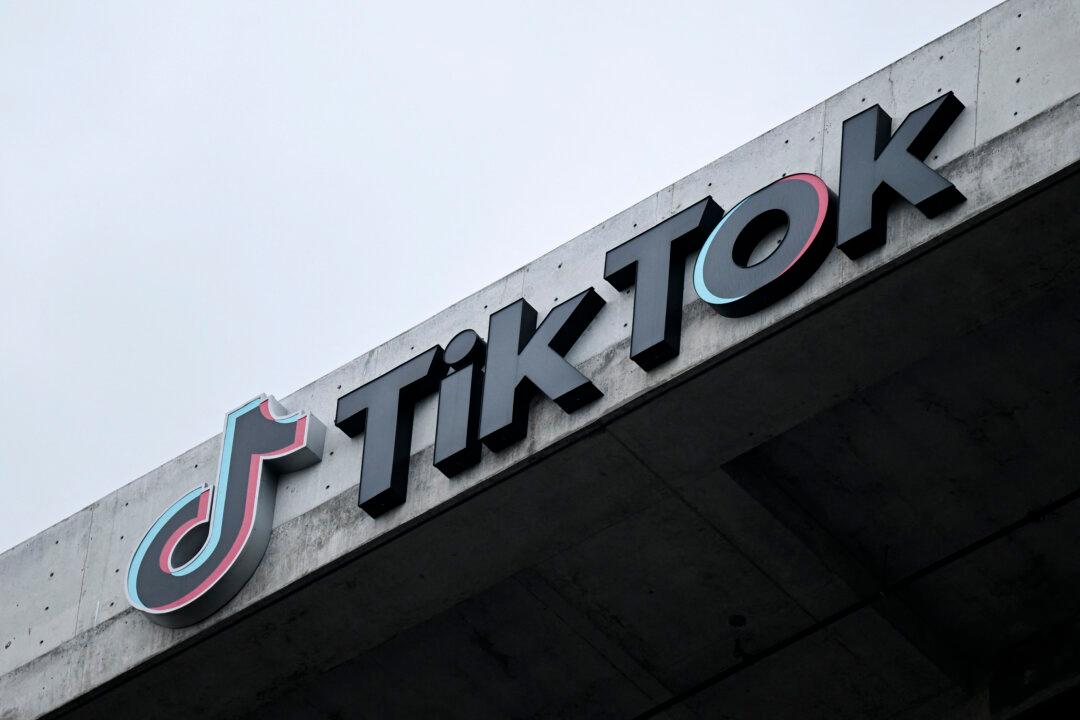WASHINGTON—Key congress members and their aides say they’ve been besieged by phone calls triggered by a campaign sent out by Chinese social media giant TikTok.
Some of their constituents were delivered full-screen notifications on TikTok.

WASHINGTON—Key congress members and their aides say they’ve been besieged by phone calls triggered by a campaign sent out by Chinese social media giant TikTok.
Some of their constituents were delivered full-screen notifications on TikTok.